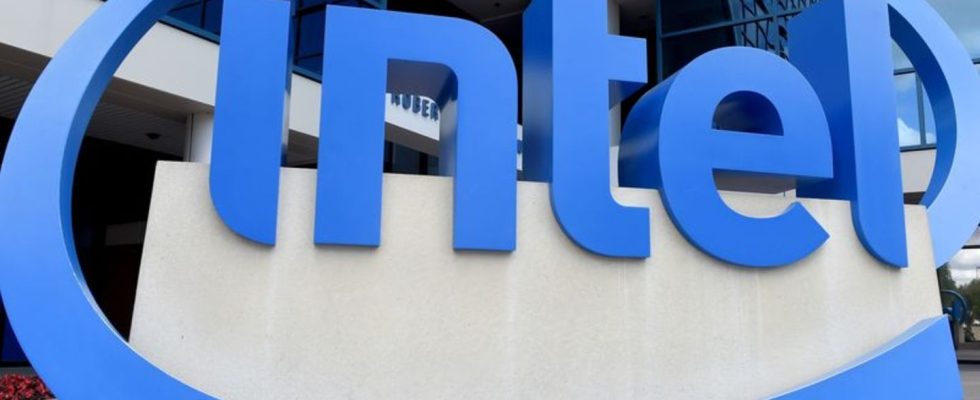Poland
Chip giant Intel is investing 4.2 billion euros in Wroclaw
As with almost all new chip factories worldwide, the decision to locate in Wrocław was linked to a government subsidy commitment. photo
© Andrei Sokolow/dpa
While in Germany the level of subsidies to the chip giant Intel for a wafer factory in Magdeburg is being discussed controversially, a location decision in Poland is being made without a hitch.
The world’s largest chip company Intel wants to build a large chip factory in Breslau (Wrocław) in Poland, in which microprocessors will be assembled and tested. This was announced by group boss Pat Gelsinger on Friday in the city. Gelsinger put the investment volume at the equivalent of 4.2 billion euros. Around 2,000 highly qualified jobs are to be created in the plant itself by 2027. Intel also expects several thousand more jobs to be created indirectly, in addition to potential supplier hires.
In chip manufacturing, a distinction is made between wafer factories and semiconductor assembly and test facilities. Large silicon disks (“wafers”) on which the integrated circuits are located are produced in the wafer factories. Intel operates such “wafer fabs” in the USA, Ireland and Israel, among others. A wafer fab is also planned in Magdeburg. In an assembly and test plant, as is now planned in Breslau, the chips are cut out of the wafer, then packed in a kind of housing with the necessary interfaces (“packaging”) and finally tested before they are installed in computers, cars or other devices installed.
Subsidies are common worldwide
As with almost all new chip factories worldwide, the decision to locate in Wrocław was linked to a government subsidy commitment. Intel did not say how high the grants from the Polish government were. The responsible Polish digital minister, Janusz Cieszynski, emphasized that investments like these strengthen the whole of Europe. Recent crises have shown that long supply chains can suddenly be interrupted. The planned investment in Poland, together with the existing wafer production facility in Leixlip (Ireland) and the planned wafer fab in Magdeburg, will help to create a unique, end-to-end value chain for semiconductor production in Europe, emphasized the group.
Unlike in Poland, there is a political debate in Germany about the level of subsidies from the federal budget. Originally, Intel and the federal government had agreed on 6.8 billion euros in financial aid for the chip plant in Magdeburg. After a delay in the start of construction, the group is demanding more state aid due to increased costs and the poorer euro exchange rate, according to media reports. When planning began in early 2021, there was talk of an investment volume of 17 billion euros in Magdeburg. However, due to rising construction and energy costs, it could become more expensive.
Meeting with Chancellor Scholz planned
Chancellor Olaf Scholz meets Intel boss Gelsinger this Monday. The federal government did not confirm reports of a fundamental agreement on Friday. One is optimistic that the establishment of such a key technology will succeed. Government circles said that Germany should be strengthened as a microelectronics location. “Of course, the framework for this has to fit, also in terms of the amount of funding.” The talks were still ongoing.
The “Handelsblatt” online had reported on a basic agreement on higher funding. Accordingly, Intel should get around 9.9 billion euros instead of the previously promised 6.8 billion euros. The agreement should be finalized in the next few days and signed in Berlin early next week. Finance Minister Christian Lindner (FDP) had recently rejected more money from the federal budget for Intel. The additional funds are said to come from another pot.
A meeting between Gelsinger and Saxony-Anhalt’s Prime Minister Reiner Haseloff (CDU) is also planned shortly.
The location decisions in Wroclaw and Magdeburg are in the context of the European Union’s efforts to become more technologically independent of China. Therefore, the EU has given the green light for subsidies worth billions to locate large plants from international chip manufacturers in Europe.

